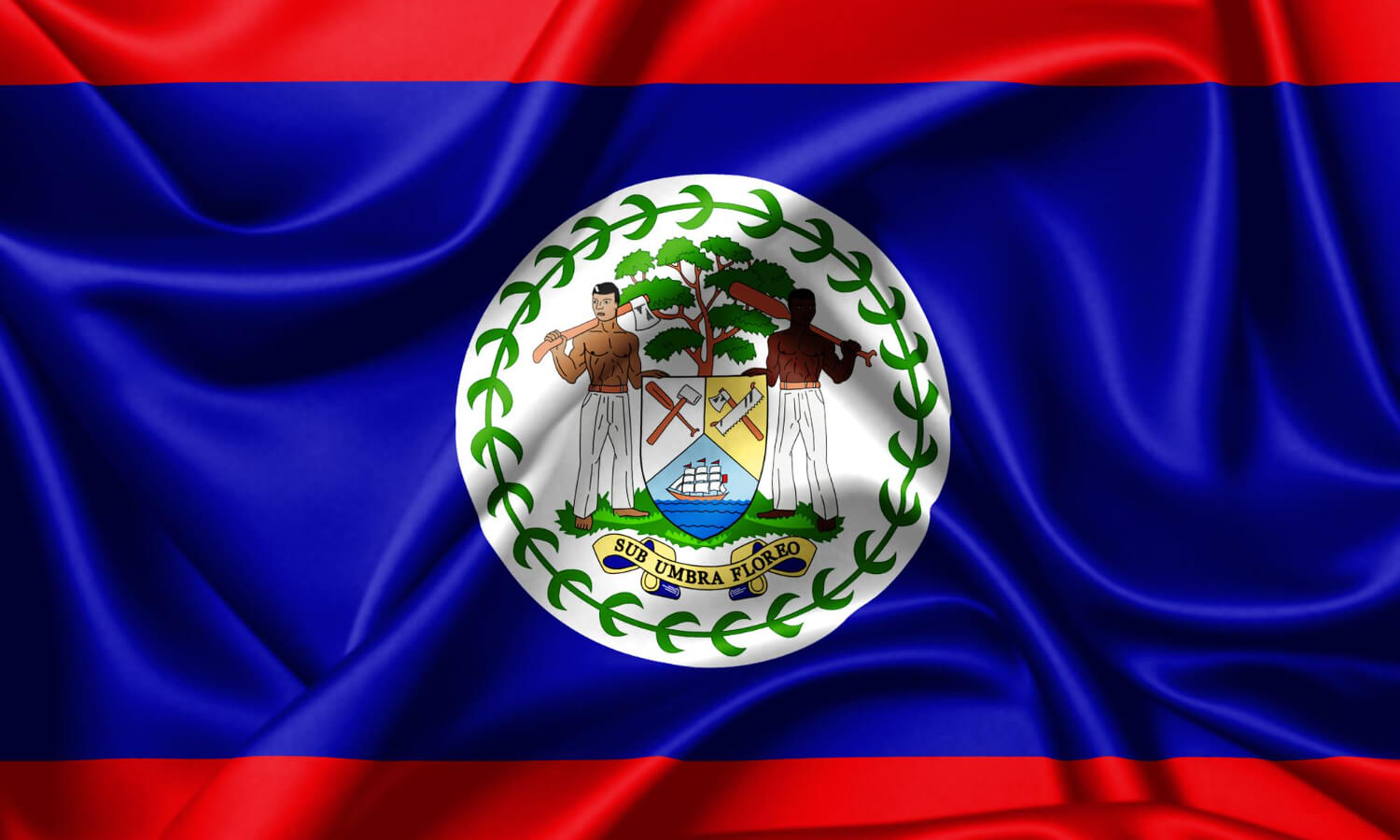As countries worldwide reassess their cannabis laws, Belize emerges as a noteworthy case. The Central American nation’s approach to cannabis regulation reflects the global shift in attitudes towards marijuana. This article delves into Belize’s current legal framework surrounding cannabis, offering insights into how the country navigates this complex issue amidst global trends.
Key Takeaways
- Belize decriminalized the possession of up to 10 grams of cannabis on private property in 2017.
- Despite decriminalization, the sale, cultivation, and public consumption of cannabis are still illegal.
- Belize is considering a referendum to legalize the production and sale of marijuana, indicating potential future changes in legislation.
Historical Overview of Cannabis Regulation in Belize
Significant shifts mark Belize’s history with cannabis. In the 1980s, Belize was a major cannabis exporter to the U.S., but by the mid-1980s, intense eradication efforts led to a drastic reduction in production.
The government’s stance began to change in the 21st century, reflecting a global trend of re-evaluating cannabis laws. In 2012, discussions on decriminalizing small amounts of cannabis started, culminating in the 2017 amendment to the Misuse of Drugs Act. This law decriminalized the possession or use of up to 10 grams on private premises, a landmark decision in Belize’s drug policy.
The change was influenced by various factors, including international drug policy trends, local consumption patterns, and a desire to reduce the burden on the criminal justice system.
Medical Cannabis in Belize: Legal Provisions and Accessibility
The status of medical cannabis in Belize remains somewhat ambiguous. The 2017 decriminalization did not explicitly address medical cannabis, leaving a gap in legal provisions for its use and accessibility. As of now, there is no formal framework or regulatory body overseeing the prescription, distribution, or consumption of medical cannabis in Belize. This lack of regulation poses challenges for patients seeking cannabis for medical purposes, as there are no legal avenues for obtaining it. The government’s focus has primarily been on decriminalization and the potential for broader legalization rather than developing a medical cannabis program.
Current Legal Status of Recreational Marijuana in Belize
Recreational cannabis in Belize exists in a legal grey zone. The decriminalization of possessing up to 10 grams on private property allows for personal use, but any activities related to the sale, cultivation, or public consumption remain illegal. This creates a paradox where private use is tolerated, but the lack of a legal market for production and sale leaves users reliant on the black market. The legal risks associated with recreational cannabis continue to be a concern, particularly for those involved in its cultivation and distribution.
Possession, Cultivation, and Consumption: What’s Allowed in Belize?
In Belize, the law permits individuals to possess up to 10 grams of cannabis on private property. However, cultivation, sale, and public consumption are prohibited. The absence of legal avenues for obtaining cannabis means that users often turn to the black market, where quality and safety standards are unregulated.
Cultivation for personal use remains illegal, and those caught growing cannabis can face significant legal consequences. The current legal framework does not provide guidelines for legal purchase or distribution, creating a situation where the cannabis market operates largely underground. This lack of regulation raises concerns about the safety and quality of cannabis products available to consumers.
What Future for Cannabis Legislation in Belize?
The future of cannabis legislation in Belize is poised at a critical juncture with the proposed referendum. This referendum will ask Belizeans to vote on legalizing the production and sale of marijuana, a move that could significantly alter the country’s cannabis landscape. The government appears optimistic about the referendum, suggesting a shift towards a regulated cannabis market. However, there are concerns about the country’s readiness for such a change, with debates focusing on the potential social and economic impacts. The referendum’s outcome will be a decisive factor in shaping the future of cannabis legislation in Belize, potentially leading to more comprehensive reforms.
To Sum Up
Is Marijuana legal in Belize? The situation is complex. While personal possession of small amounts in private spaces is decriminalized, activities like sale, cultivation, and public consumption remain illegal. The upcoming referendum on legalizing marijuana production and sale could mark a significant shift in Belize’s cannabis policy. As the country grapples with these issues, it mirrors a larger global conversation about the legalization, regulation, and societal impacts of cannabis.









